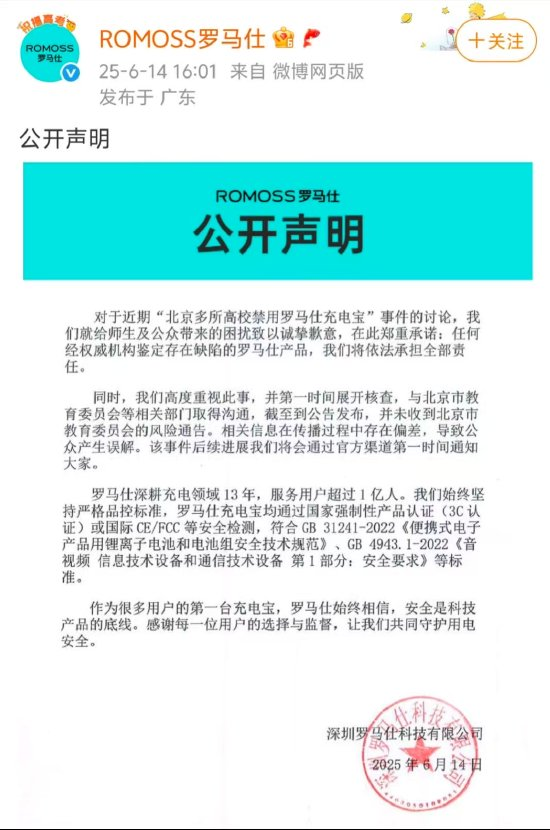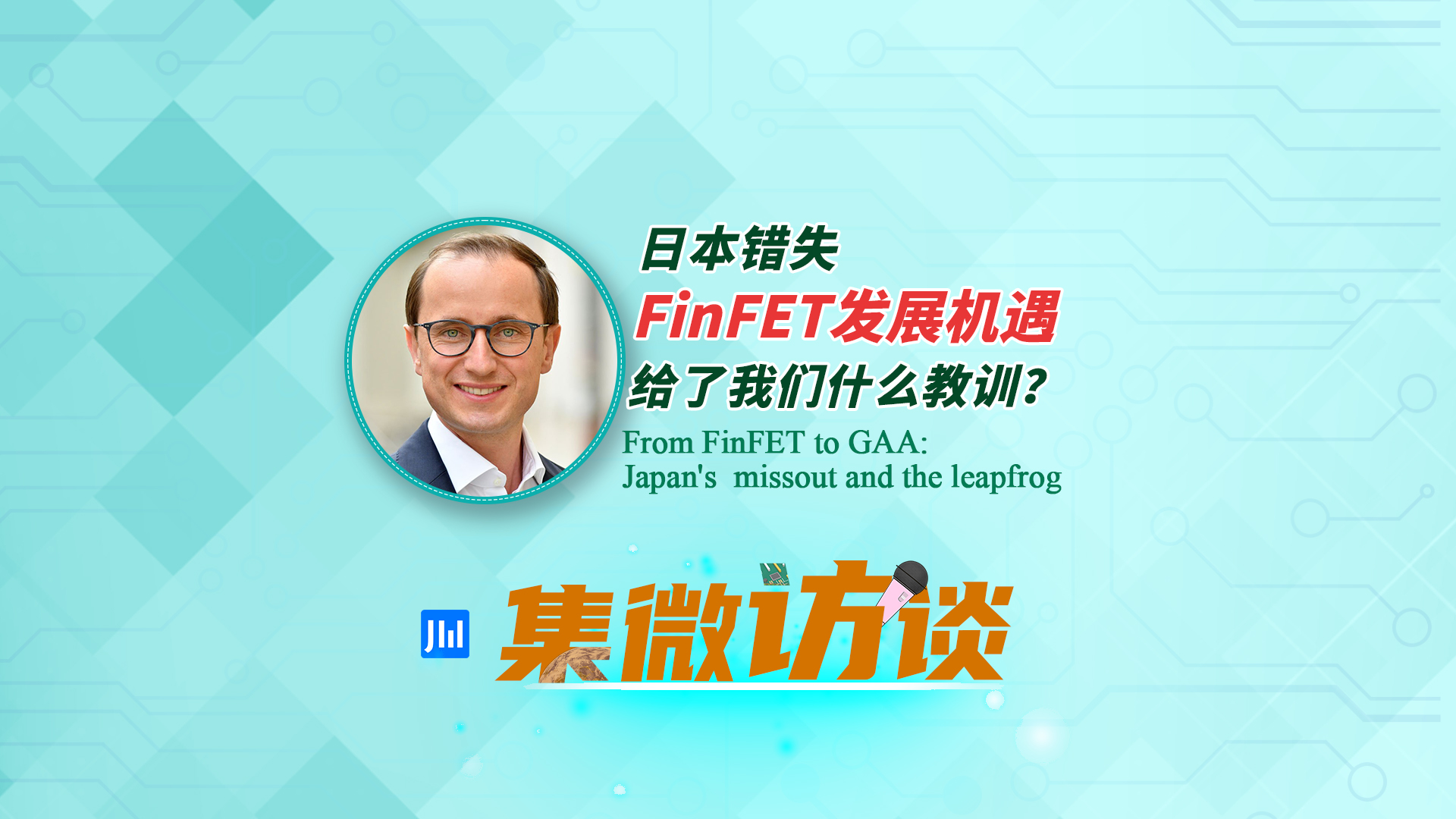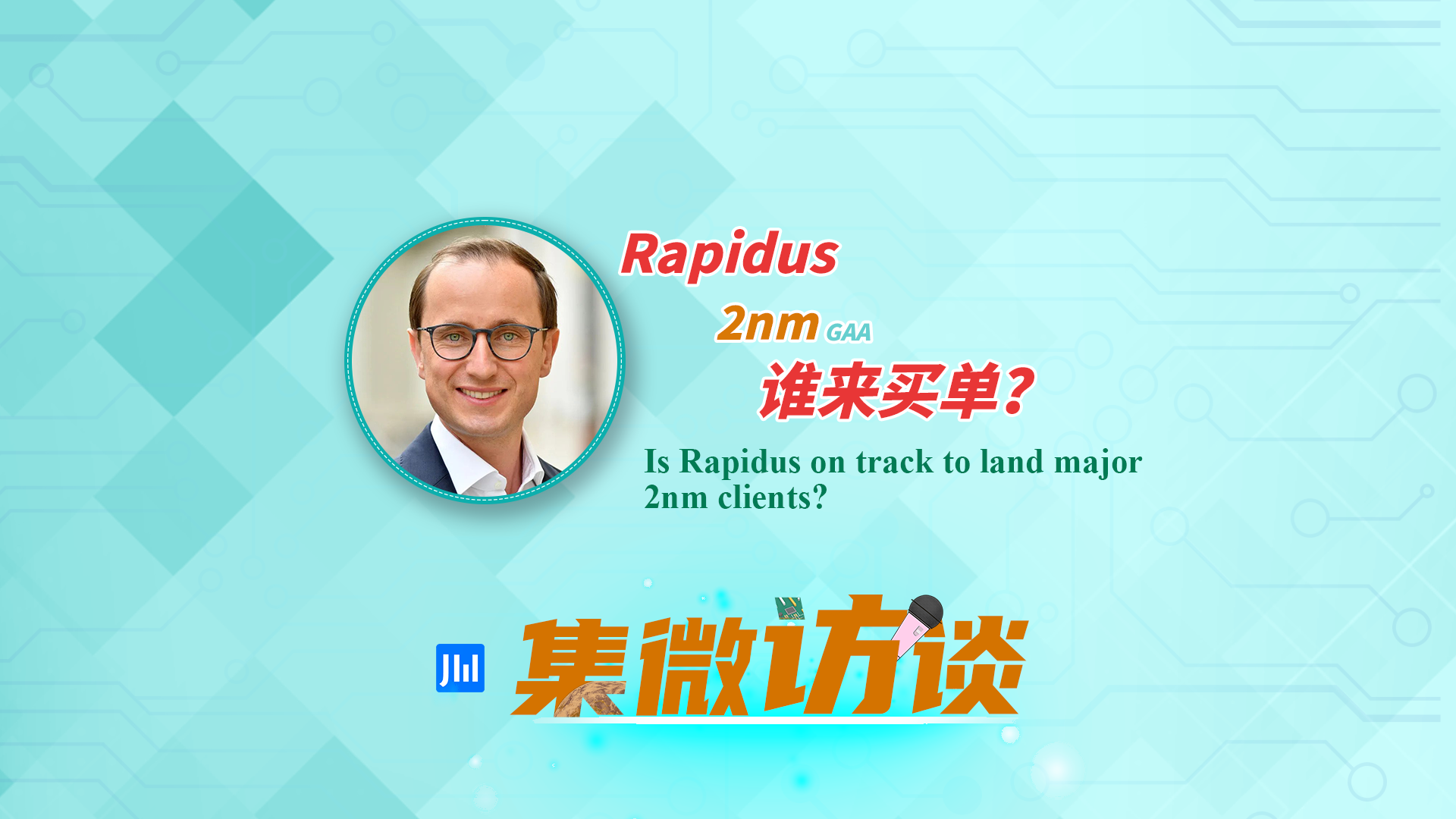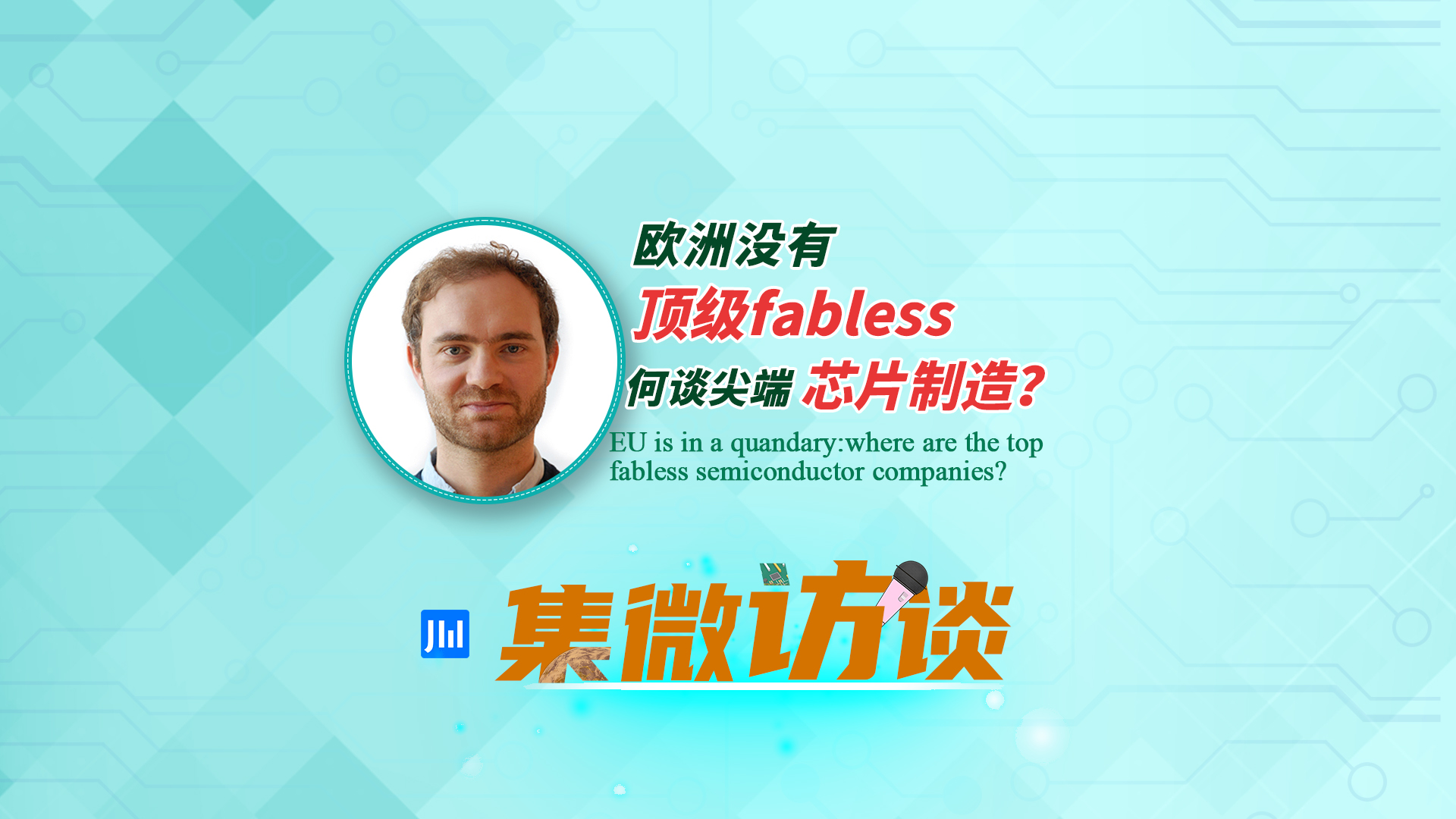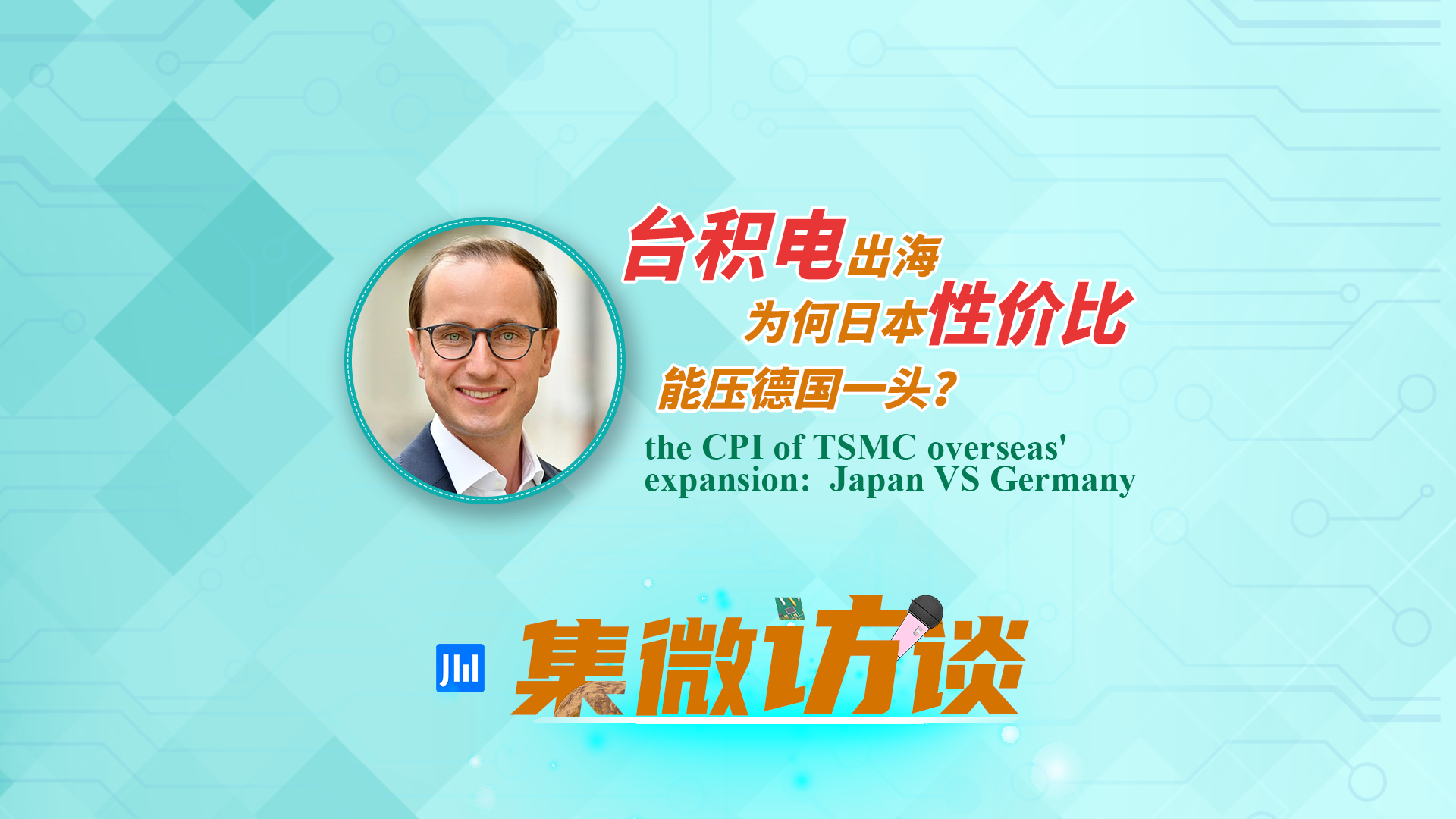By Kate Yuan
(JW Insights) Jul 3 -- Over 10 Beijing-based top AI experts and corporate CEOs shared their latest insights and experience on large models at the AI Summit of the Global Digital Economy Conference 2023 held in Beijing on July 2. This off-line event attracted over 3 million online viewers. This is one of the largest events on AI topic in Beijing so far this year and JW Insights is the co-organizer of this part of the conference.

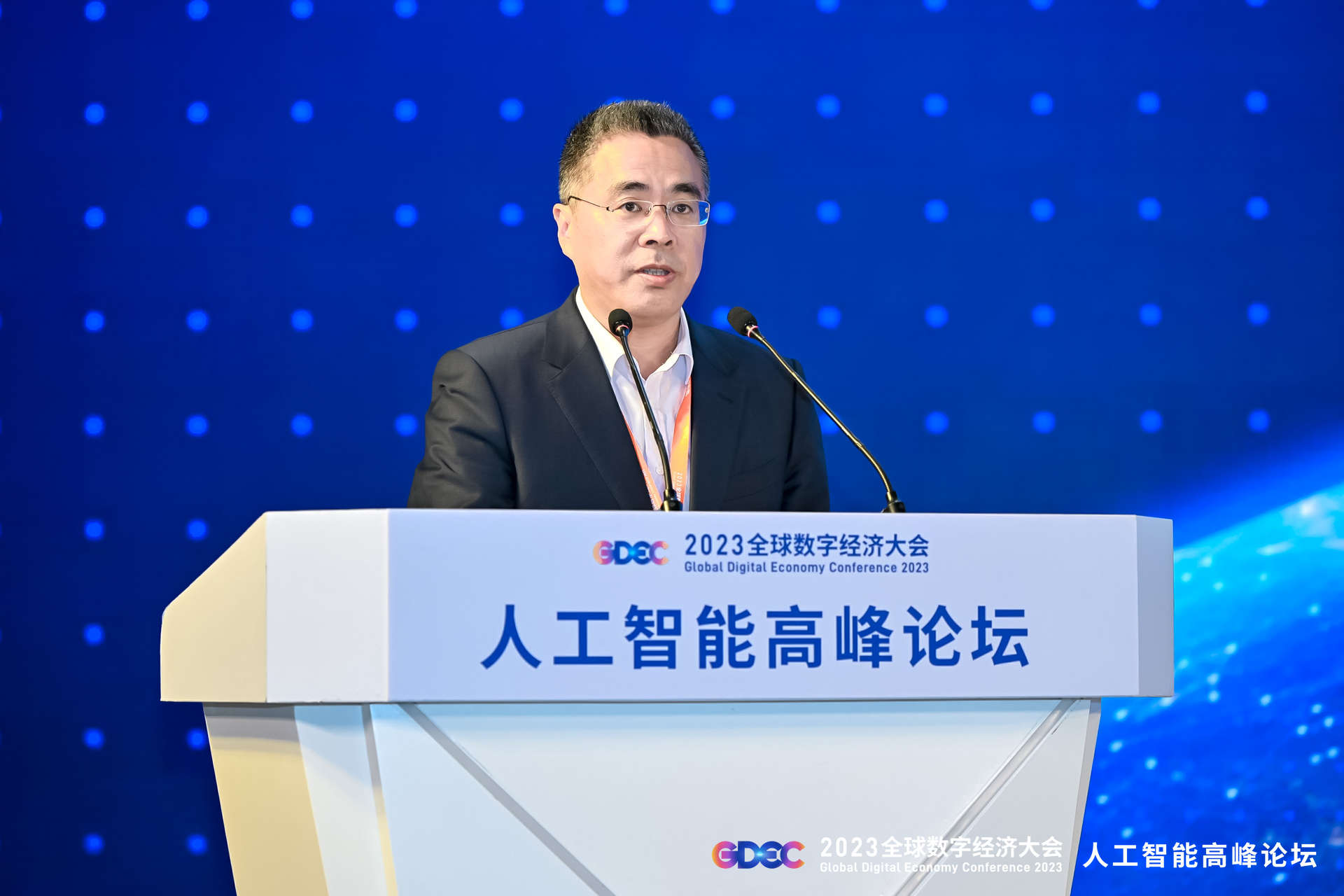
Jiang Guangzhi, head of Beijing Municipal Bureau of Economy and Information Technology, said, “Of all the over 80 large models released to date, about half of them are in Beijing. Beijing has always attached great importance to the AI industry and has the best innovation foundation, the most concentrated talents, and the strongest R&D capabilities.” Beijing has introduced a series of support policies to help empower the intelligent transformation of thousands of industries with AI technology, and is working on such policies to boost computing power development, he added.
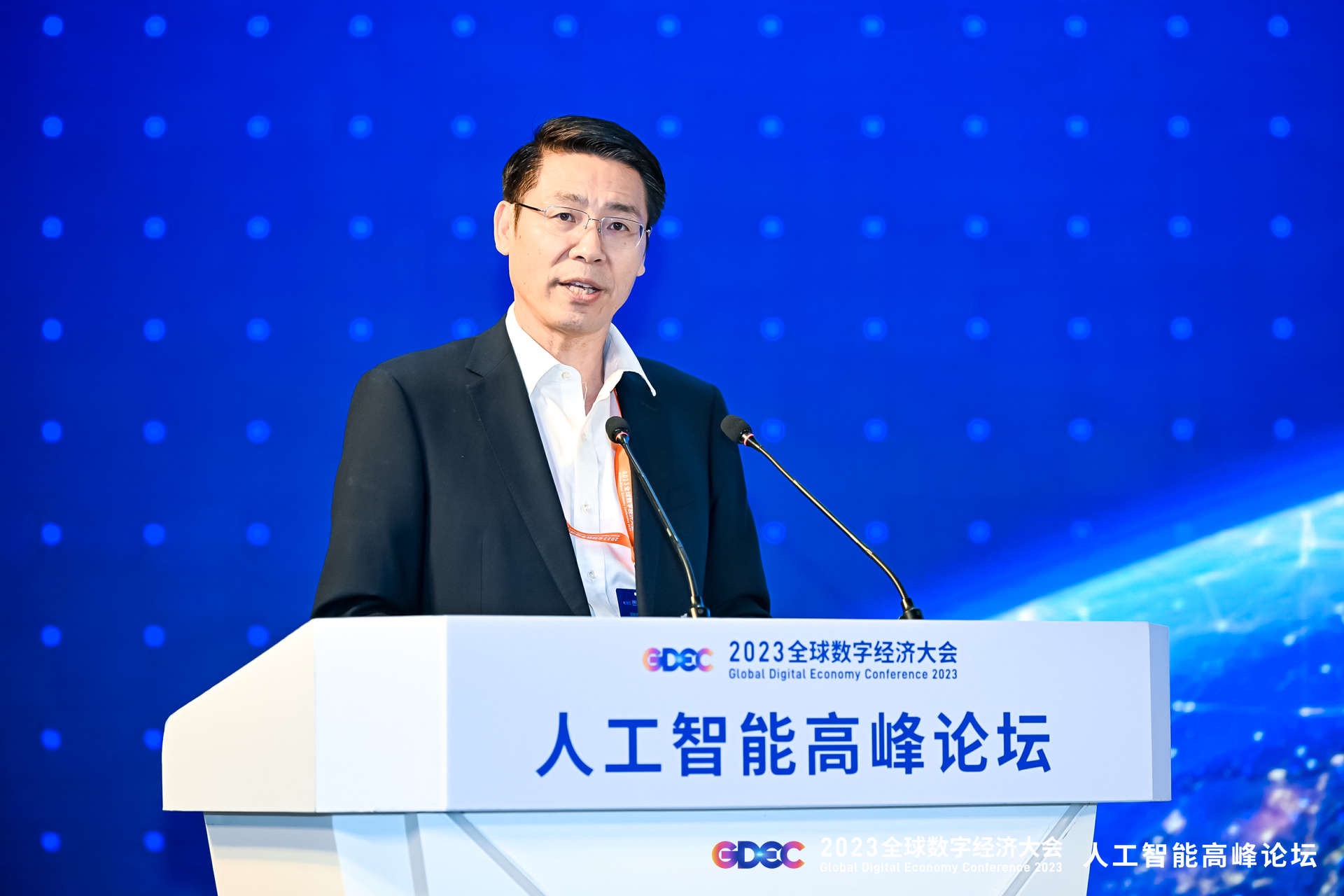
Chen Shangyi, secretary-general of the Beijing Artificial Intelligence Industry Alliance (BAIIA), stated that compared to traditional AI models, large language models have already reached or even exceeded humans in many tasks.
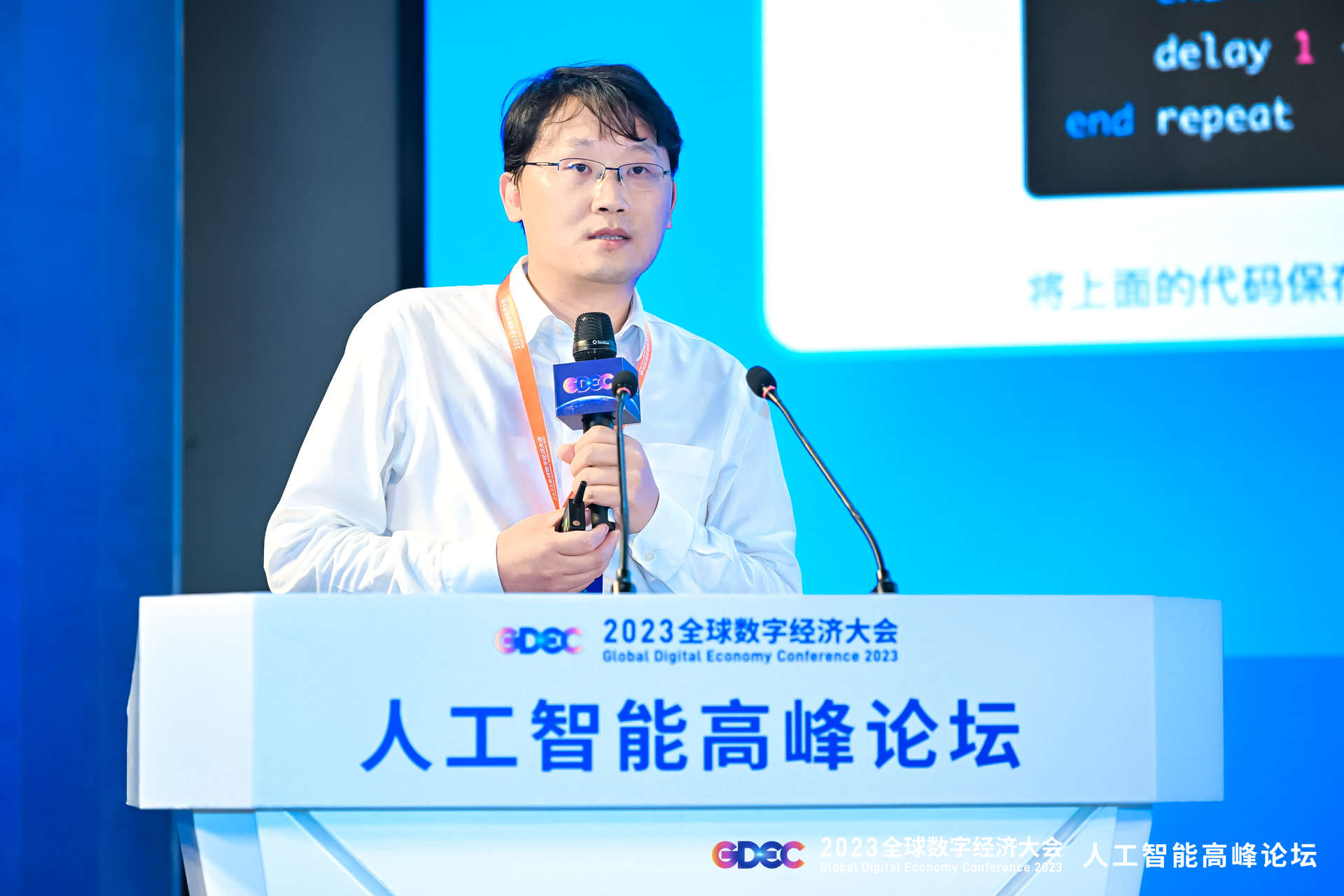
Zhu Jun, tenured professor at the Department of Computer Science and Technology of Tsinghua University and vice president of the Institute for Artificial Intelligence, talked about the security risks of large models and his team's exploration in security governance.
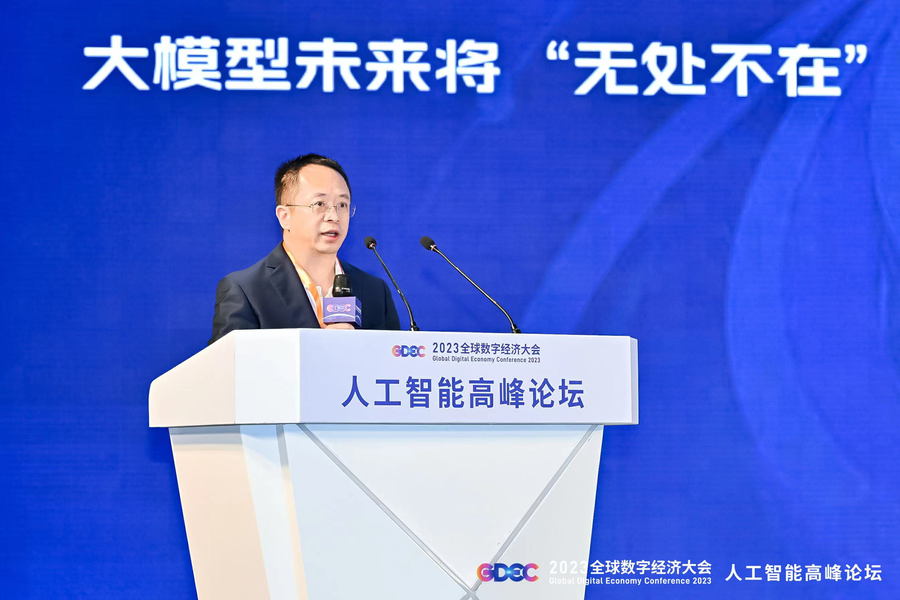
Zhou Hongyi, founder of leading Chinese internet company of 360, noted that large models must be universal to empower thousands of industries. The trend of large models is to specialize in specific tasks or domains, and the real opportunity lies in the enterprise business.

Zhang Peng, CEO of Zhipu AI, shared his company's exploration in large models and highlighted its ChatGLM2 series models launched recently.
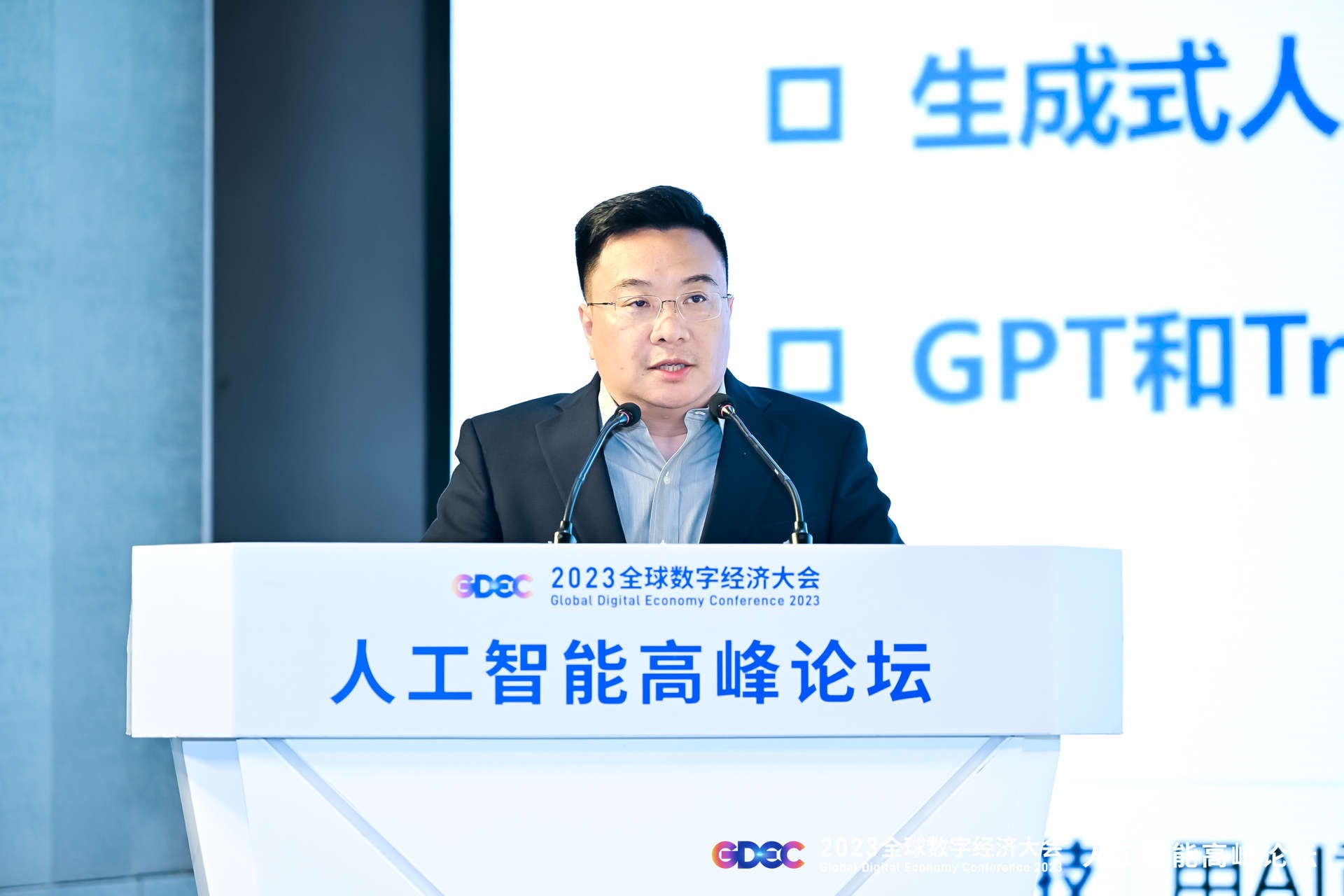
Zhou Bowen, founder of Frontis, pointed out that AI has shifted from 'competing with humans' to 'collaborative interaction', which will bring greater market value.

Wei Kai, deputy director of the Cloud Computing and Big Data Research Institute of the China Academy of Information and Communications Technology (CAICT), introduced the progress and construction of the large model standard system.
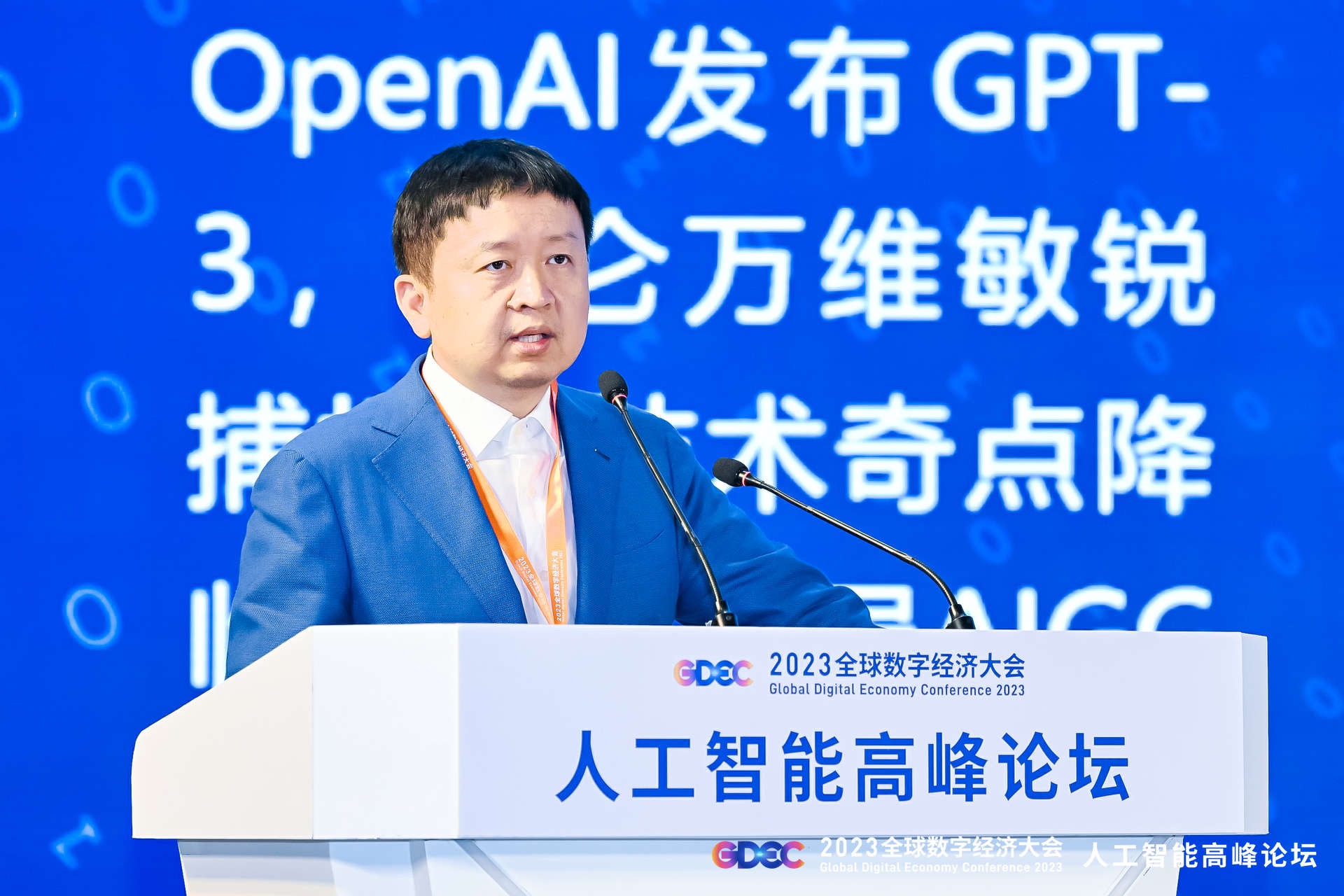
Fang Han, CEO of Kunlun Tech, presented the applications of AI-generated music in cultural tourism.
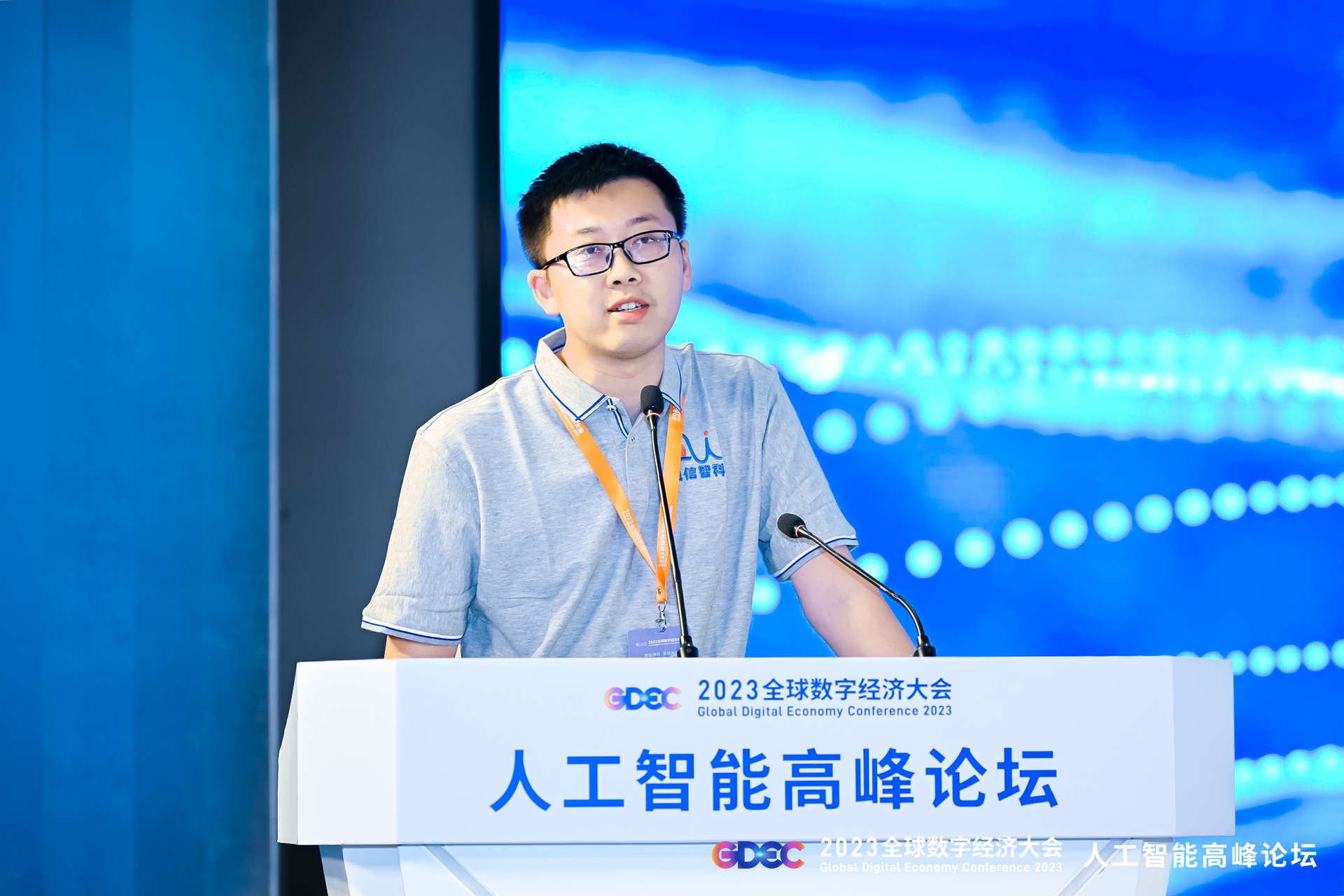
Zhang Xin, deputy general manager of the Digital Intelligence Technology Branch of China Telecom, introduced the company's progress in algorithms, computing power, applications, and large models.
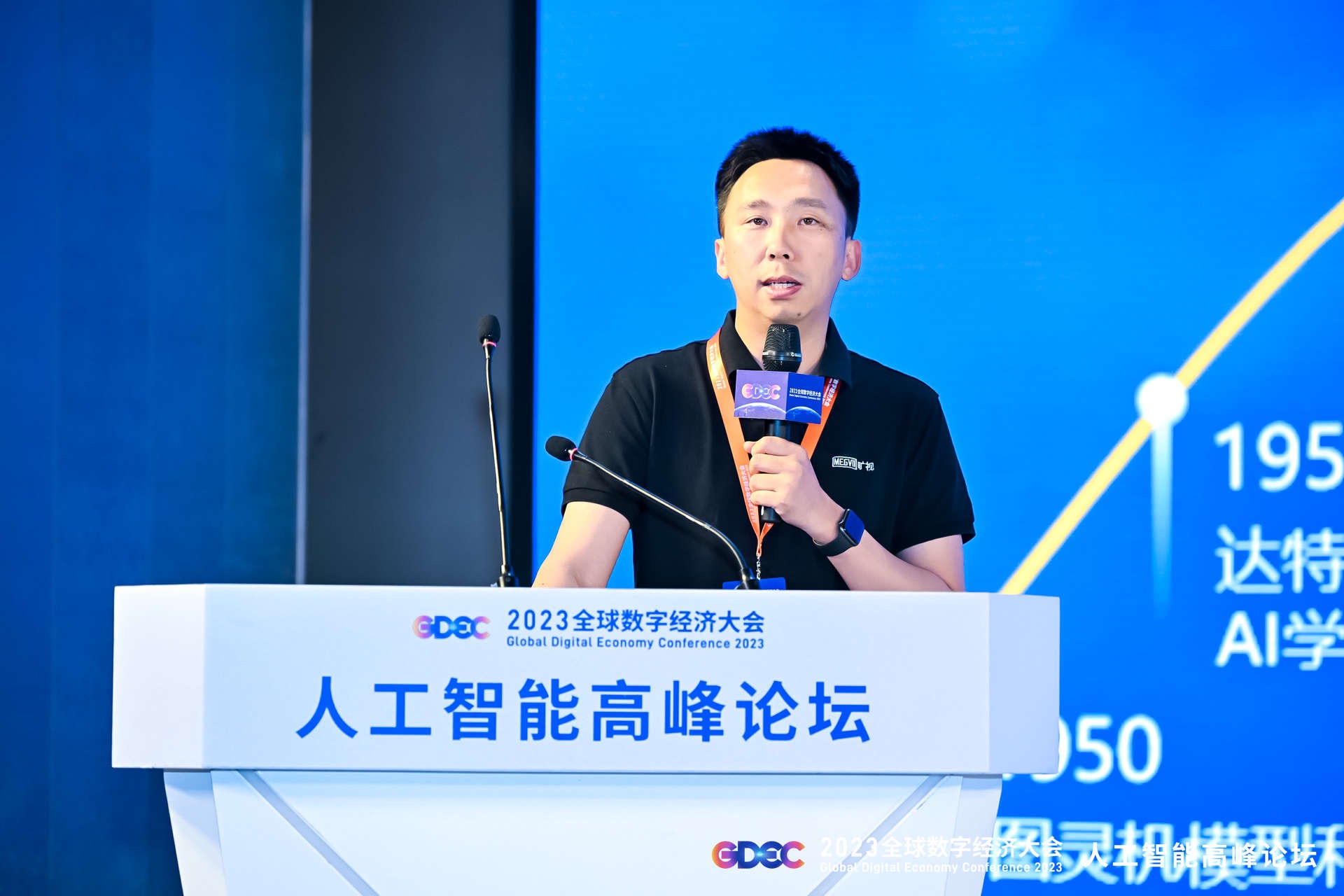
Tang Wenbin, co-founder and CTO of Megvii, stated that large models will usher in a new paradigm of AI technology and introduced AI traceability system in protecting intangible cultural heritage.
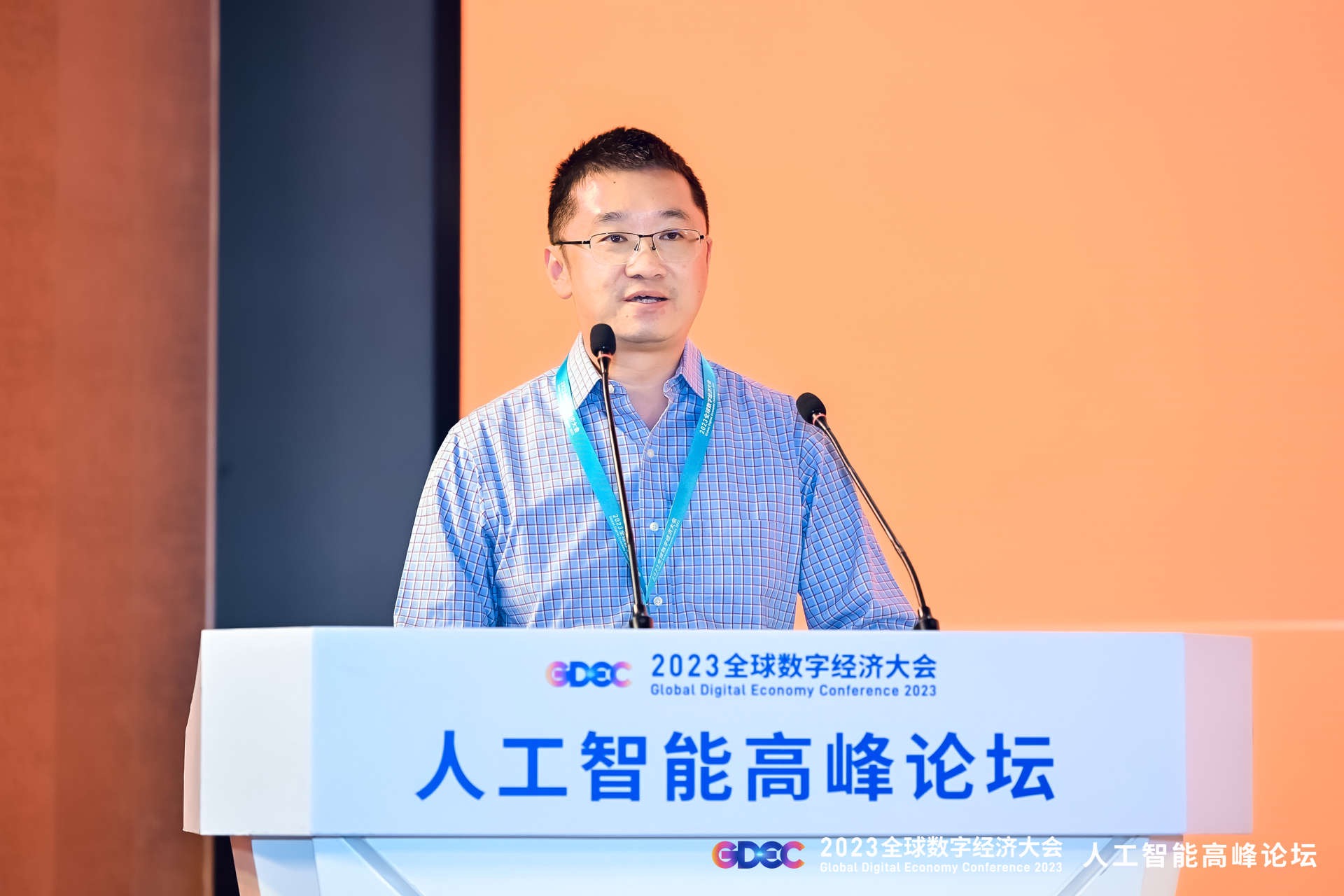
Yan Zhijie, chief of DAMO-Speech Lab of Alibaba Group, believed that under the new paradigm of intelligent applications driven by data and knowledge, the synergy between the cloud and AI will help upgrade various industries.
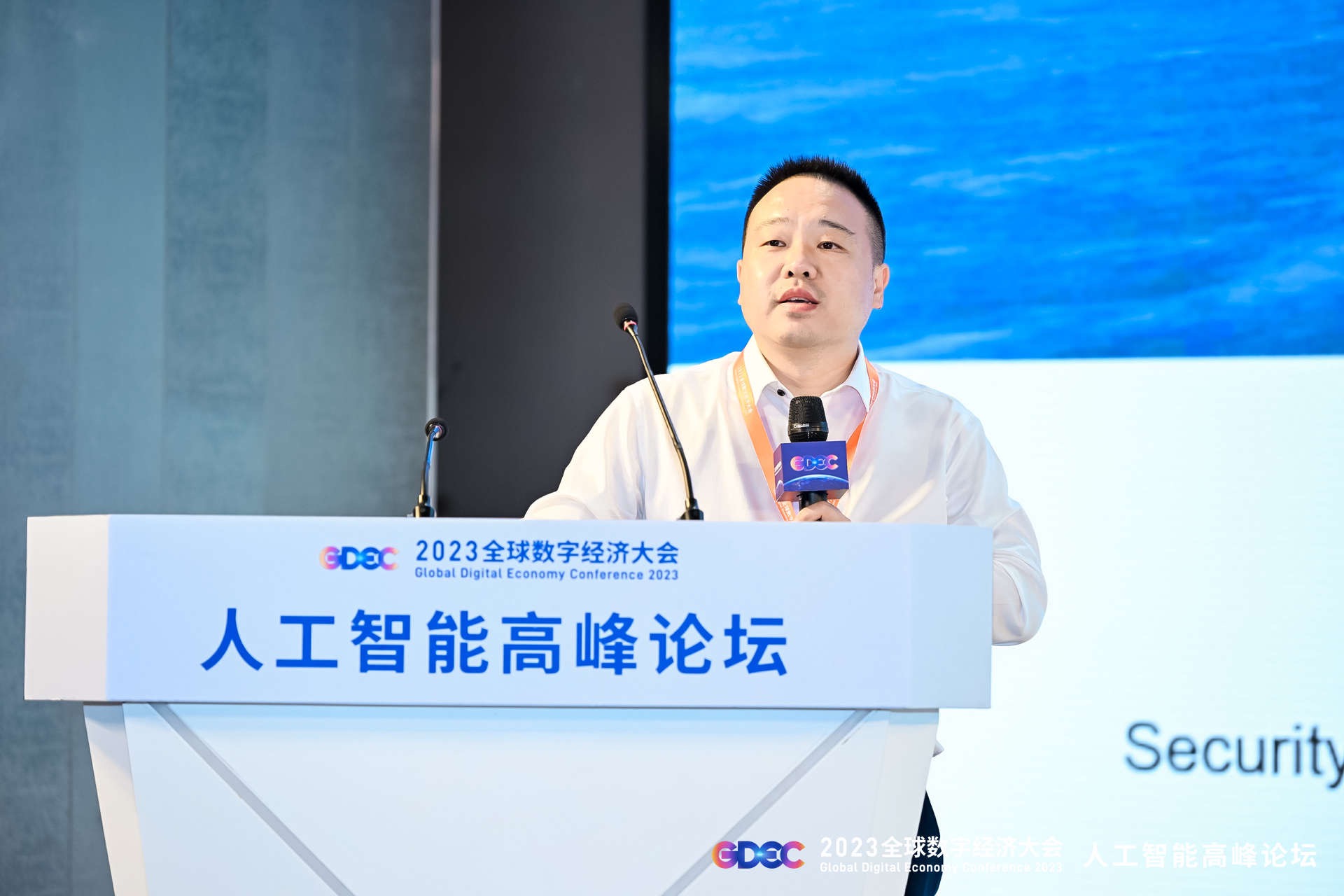
Zhou Mingyao, general manager of Huawei's Ascend Computing Technology Cooperation Unit, introduced Huawei's practice in building a self-controllable AI computing power platform.

Li Aijun, dean of the Internet Financial Law Research Institute of China University of Political Science and Law, analyzed the use of training data for general AI large models from a legal perspective.

In the roundtable session, CTO of Duxiaoman Financial, CEO of RealAI Tian Tian, co-founder and technology vice president of MiniMax Yang Bin, vice president and chief scientist of the 4Paradigm Tu Weiwei, and executive director of Legend Capital Ji Haiquan discussed the development path of AI large models from the perspective of investment, algorithm, and models.


